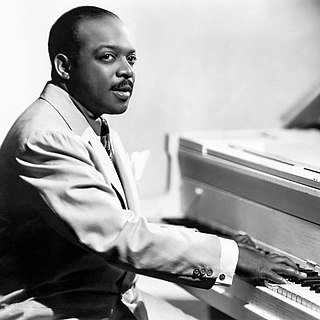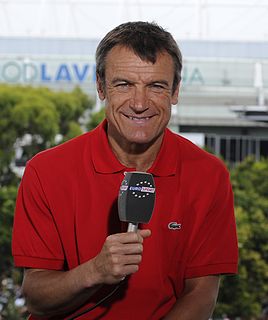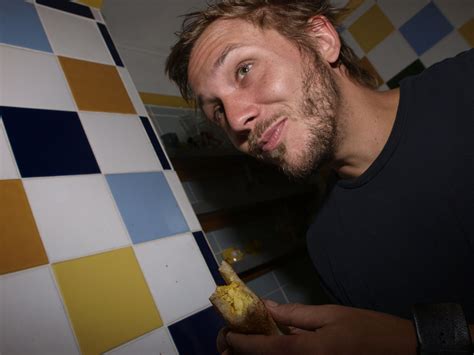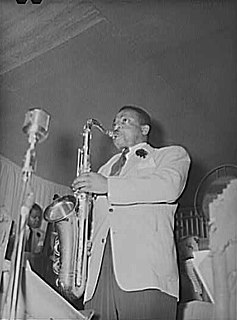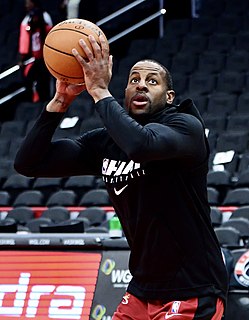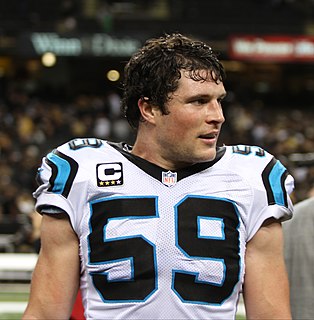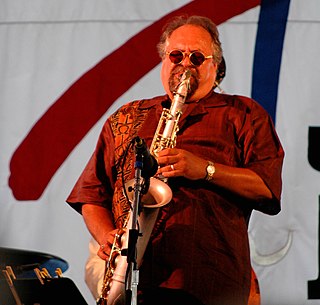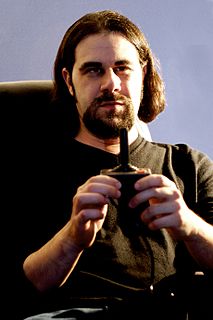A Quote by Edward Albee
When people don't like the way a play ends, they're likely to blame the play.
Related Quotes
It's hard to say. Whenever you play with a group of people for a long time it influences the way that you play with others. They were all very defining in their own way and all affected the band in one way or another. I don't think they are so obvious in the music. The fact is that The Lawrence Arms is the culmination of a long search of trying to find people who play well as a unit.
I like playing at public schools. I like when there's more of a diverse audience. I'll play wherever people want to hear my music, and I'll be glad and grateful for the opportunity, but I'd rather not play for a bunch of white privileged kids. I'm not meaning that in a disrespectful way; you go where people want to hear your music. So if that's where people want to hear me play, I'm glad to play for them. But I'd rather play for an audience where half of them were not into it than one where all of them were pretending to be into it, for fear of being uncultured.
I think it's OK to play to your strengths, and if I have a quality of Englishness that people like, I won't hide that. I'm probably not going to play a junkie and that's OK because there are other people who will do it better. A view that's been held for a long time is that the best way to prove oneself as an actor is to play the grittiest roles out there. I don't agree with that.
I'm trying to be expressive on my instrument and conduct as I'm improvising. So I'm conducting with the melodies and the rhythms that I play. And so it's a very organic way. It's a lot like Charles Mingus played, cuing people in from what you play and how you play it rather than standing in front of a band, conducting and pointing.
Sacred space and sacred time and something joyous to do is all we need. Almost anything then becomes a continuous and increasing joy. What you have to do, you do with play. I think a good way to conceive of sacred space is as a playground. If what you're doing seems like play, you are in it. But you can't play with my toys, you have to have your own. Your life should have yielded some. Older people play with life experiences and realizations or with thoughts they like to entertain. In my case, I have books I like to read that don't lead anywhere.
Surveys of thousands of gamers have shown that they're more likely to play real music if they play a music videogame. So it's an interesting relationship where the games aren't replacing something we do in real life, they're serving as a springboard to a goal we might have in real life, like learning to play an instrument.


